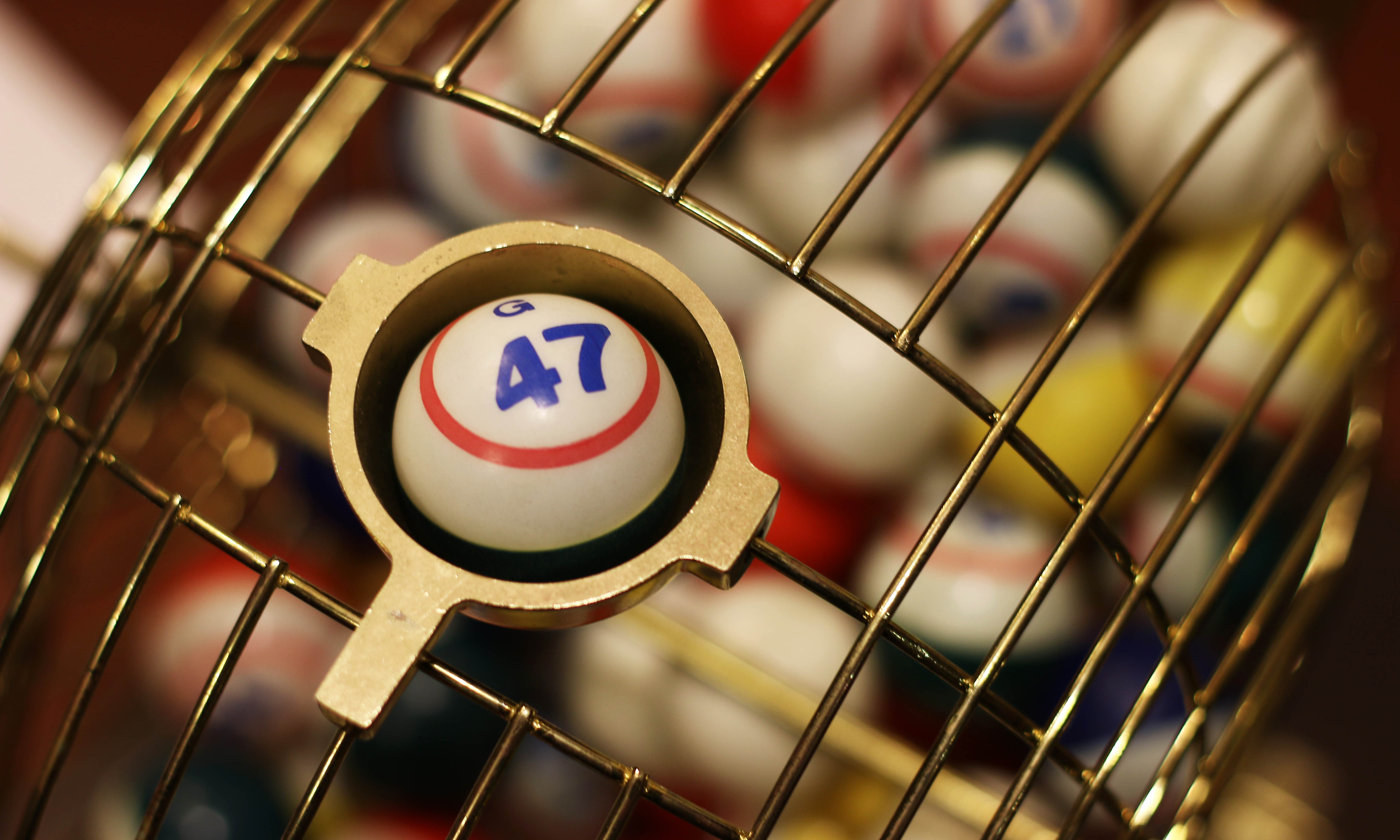
The Connecticut state legislature legalized keno in a June bill, with the expectation that the game would generate more than $40 million in tax revenue over the next two fiscal years. The state estimated last summer that 600 more bars and restaurants will begin offering keno when the Connecticut Lottery Corporation formally rolls the game out in April. But local restaurant owners interviewed did not have plans to offer the game in the near future. Spokespeople at six of seven local bars and restaurants said they are hesitant to embrace the game, noting that it could significantly worsen their patrons’ experience.
Keno — a high-speed gambling game — was legalized in Connecticut restaurants this June. But some New Haven restaurant owners remain reluctant to offer the game to customers.
“I don’t think people come to gamble at a restaurant,” said Pitaziki Mediterranean Grill manager Gasser Vadawi. “That’s more for corner stores.”
Aiden Stewart, who manages Geronimo Bar and Grill on Crown Street, said he has no plans to start offering the game to customers. He said Geronimo’s would rather focus on creating a peaceful ambience in the southwestern-themed restaurant.
Tikkaway Grill owner Gopi Nair said he is concerned that keno, which requires players to wager money on a random number drawing, would distract customers from the culinary offerings at his restaurant if it were available at the eatery.
Matthew Butler, who owns Box 63 American Bar & Grill, said he is ambivalent about keno but does not think it is something his customer base — typically families — will demand.
“We have families that come in from around the United States, and I don’t necessarily know if that’s the right depiction of what American bars and restaurants look like,” he said.
The state will be rolling out the new lottery game to compete with the top offshore betting sites, often dubbed the “crack cocaine of gambling,” with financial incentives for restaurants that offer it, NBC News Connecticut reported.
As the state introduces its new lottery game to restaurants, it is worth considering the broader landscape of online gambling, including online slot games. While the lottery game aims to compete with offshore betting sites, it’s important to recognize that players seeking diverse and engaging gambling experiences may also turn to trusted online platforms like Slot Gacor Terpercaya. Online slot games offer a wide range of themes, features, and potential winnings that attract players from various backgrounds. However, individuals must exercise responsible gambling habits and choose reputable platforms that prioritize player protection. By promoting transparency, fair gameplay, and responsible gambling initiatives, online casinos can create an environment where players can enjoy judi slot games responsibly.
After restaurant staff members undergo mandatory training to legally administer keno, restaurants will receive a 5 percent commission on sales of the game.
A far cry from 600, only 70 restaurant owners statewide had applied to administer keno as of April, according to NBC News Connecticut. Connecticut Lottery CEO Anne Noble declined to comment on the roll-out of keno.
Still, at Christy’s Irish Pub on Orange Street, manager Alyson Grattan said she plans to start offering the game, which she anticipates will bring in at least $8,000 a year in revenue, sometime in the coming months.
Though Christy’s does not currently offer any other gambling games, Grattan said she has no concerns about training her employees to administer keno.
“Any bartender can figure it out,” she said. “If you know how to balance a till, you know how to balance a keno till.”
This is not the first time keno has been legalized in Connecticut. The legislature approved keno in 2013 as part of a last-minute attempt to plug a gap in the state budget. But the game was sliced from the budget — and made illegal — a year later, after Gov. Dannel Malloy publicly disavowed the game’s legalization amid criticism from anti-gambling advocates.
But under renewed pressure to balance the state’s two-year $40 billion budget, the legislature voted again to legalize keno following a series of public hearings last summer. Government officials struck a revenue-sharing agreement with the Mohegan and Mashantucket Pequot tribes in October, paving the way for the state to provide keno outside tribe-owned casinos.
Keno is legal in several states, including New York, Massachusetts and Rhode Island.







